I have a confession to make: I’m the kind of person that can inhale a meal. You know when it’s there in front of you one second and the next you look down and your plate is somehow empty? Happens. And coincidentally my boyfriend is the same (maybe not so coincidentally. You gotta to have some shared interests, right?)
This is obviously not great for reasons which include overeating, missing out on the opportunity to enjoy a languid three-hour lunch (when really you should be working), and having your food bypass your tastebuds in the race to reach your stomach.
Thankfully, despite this predisposition, such mindless chow-downs rarely happen for me anymore. I credit a ritual for keeping them at bay.
Every time my man and I sit down to eat we pause and wish each other a good meal (bom proveito in Portuguese, aka bon appetit in the more prevalent French). This ritual started when we moved in together, and has been a small but significant part of our lives ever since.
Why? Because this literally-five-second ritual has a huge impact. It signals the formal commencement of meal time. And it does what I imagine pre-meal prayers of thanksgiving do for the more religiously-inclined: it forces you to stop and bring yourself into the moment, to be grateful, to be present, to be conscious of what it is you’re doing and why.
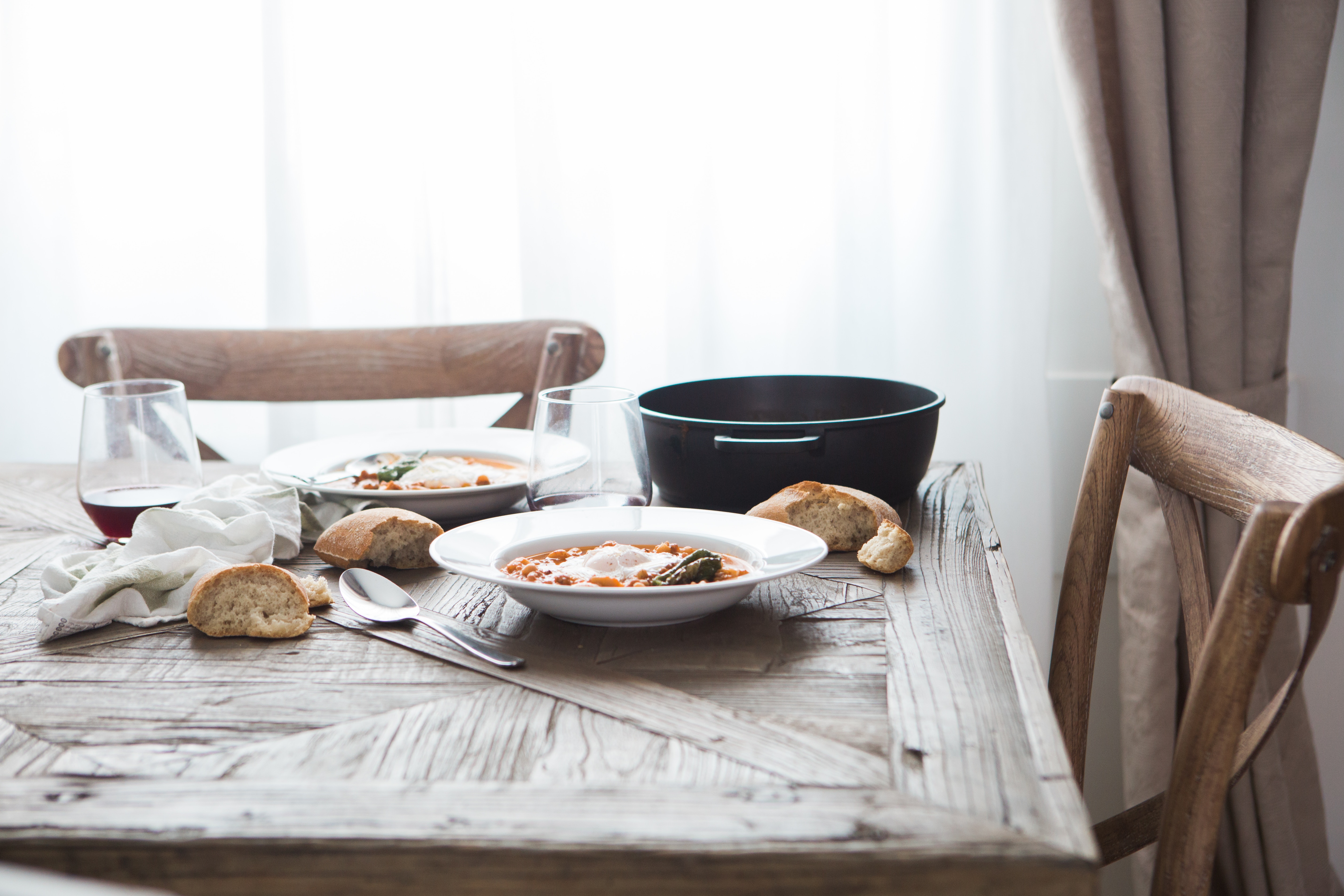
(Brooke Lark)
Rituals have been around for as long as humans have been capable of inventing them. They’re one of those elements of human nature that’s both inexplicable and inextricable, a deep need more so than a fancy or a whim. Rituals are the backbone of religions and, for many people, a way to connect with what’s divine. But even for the many who feel hopelessly estranged from the formal bounds of religion, rituals appear everywhere in quotidian life – hiding in plain sight, perhaps.
Why we need rituals.
Let’s think about funerals for a second. Ok I know, not the most cheerful topic but bear with me. Funerals are a perfect example of how rituals can help us to process negative events. They give us an allotted time to grieve, a sense of closure. They nudge us to celebrate a life that was lived and share treasured memories, even as they sting us with the reality of loss. Funeral ceremonies don’t soften death’s blow, but they help us to nurse the bruises.
On the other end of the spectrum, rituals can deepen our involvement with the positive experiences we have in life. They prompt us to reflect on life’s happenings rather than to pass through them in a social media-induced coma. A New Year’s celebration, for example, calls attention to the fact a year has passed. Even if we eschew the whole business of making resolutions, there’s no denying that the global, collective ritual of celebrating New Years draws us in to the process of reflection. We might even see it as a chance for renewal.
What about the sense of control and order we get from rituals? They’re a deliberate act in an unpredictable world. If you consider superstitious responses as rituals, you have yet another example: knocking on wood after tempting fate makes us feel like we’re taking back control from the uncontrollable forces that swirl around us.
Lastly, rituals strengthen social and familiar bonds. From weddings to cultural festivals to the wine and pizza you have with your friends every Friday night, rituals and ceremonies can bring us together with a shared intention. And there’s something undeniably powerful about that.
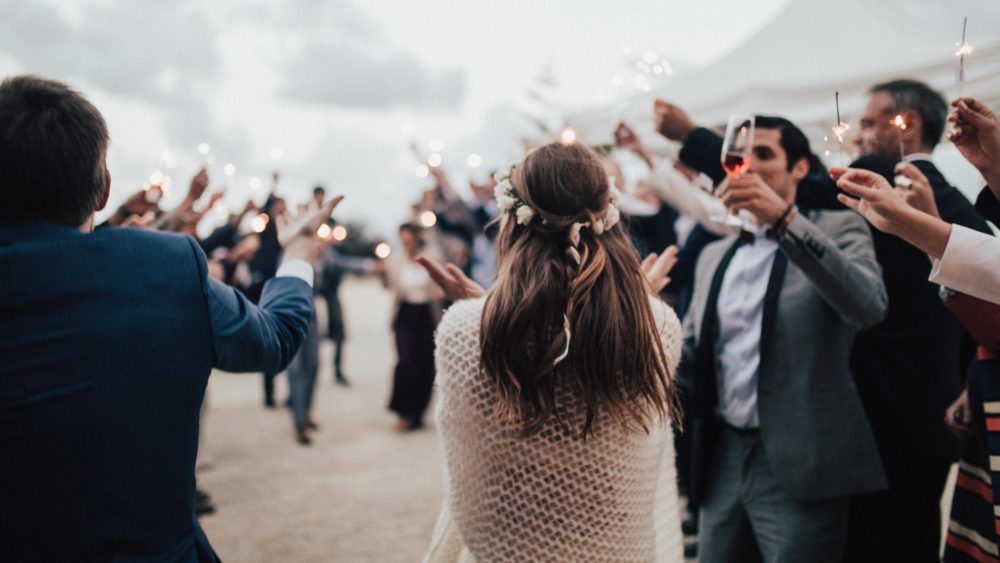
(Sweet Ice Cream Photography)
How is ritual different to habit?
Doing something with regularity doesn’t automatically make it a ritual. Your morning cup of coffee or nightly jog around the block might fall under the banner of ‘habit.’ The difference?
Habits give structure to our lives; rituals give meaning.
A ritual is something done regularly but with significance, with mindfulness; we don’t just do the action, we’re connected to it. Saying “bon appetit” at the start of a meal could be mere habit if said only by rote. It’s the associated change in awareness that transforms it into ritual.
How to create your own rituals.
Though ceremonies are by definition ritualistic, rituals don’t have to be overly ceremonial. Let me put it another way: you don’t need to put on a cloak and hum chants amidst a circle of candles every time you butter your morning toast. Who likes getting their flappy bat-wing sleeves caught in the toaster? No-one. What I mean is, ritual can be whatever you choose to make it.
This interesting piece about poet CAConrad describes how he turned to rituals to transform the process of writing poetry. This came from Conrad’s realization that “I had been treating my poetry like a factory, an assembly line” — a mentality that had caused him to become removed from his own writing. Conrad invented bizarre rituals through which to channel his work and bring himself back to the center of it. “I love being inside the ritual,” he says in the interview. “It’s like speaking in tongues. It’s not just automatic writing … Every nuance, every adjustment to the ritual, alters the language that comes out of me.”
This is just one example of how personal rituals can get. On the other hand they can be collective or cultural: think of Japanese tea ceremonies, or a ritual used by the Baining people of Papua New Guinea, who leave a bowl of water out overnight to soak up the heavy, empty feeling that lingers in the air after guests have departed (a feeling they call awumbuk). This water is ceremonially tipped out in the garden the next day, and the awumbuk is gone.
You can probably already count a number of cultural, religious or personal rituals that exist within your own life. So here’s a good place to start: list them down. Once you’ve taken stock of them, you can reflect on why they’re important to you. And each time you do them, you can give them the level of consciousness they need and deserve.
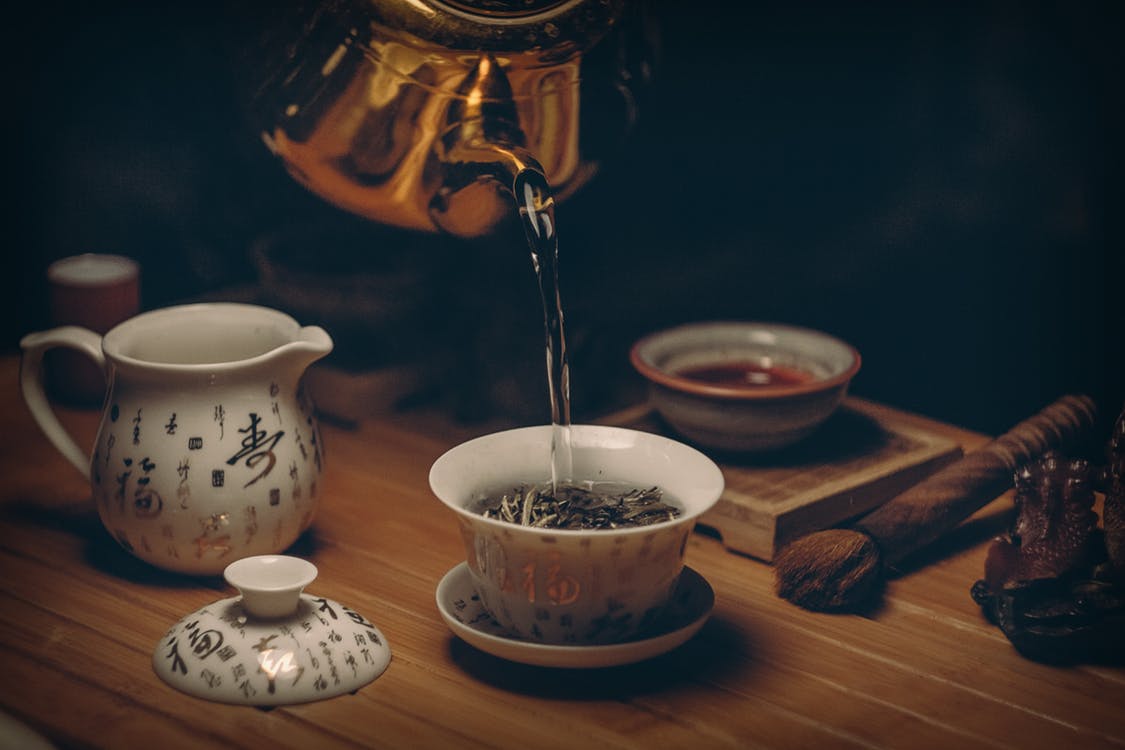
To create new rituals, think about what your end goal is and work from there. Maybe you want to think more positively about yourself (you might create a ritual that includes some kind of affirmation), maybe you want to spend more time with family (perhaps you can set up a monthly gathering) or maybe you want to learn how to let go of things (we’re not saying you should go burn all of your ex’s things in a huge backyard bonfire but… hey, you could do that.)
Once again, your rituals can be as small or big, as simple or complex, as socially-acceptable or as bat-shit-crazy as you want. The most important thing is that they work for you, and that you don’t let them lose their meaning over time. Rituals that are performed by rote are ones that are slipping carelessly into habits. Focus on the meaning behind them, and they can be powerful things indeed.
Feature photo by Christiana Rivers.

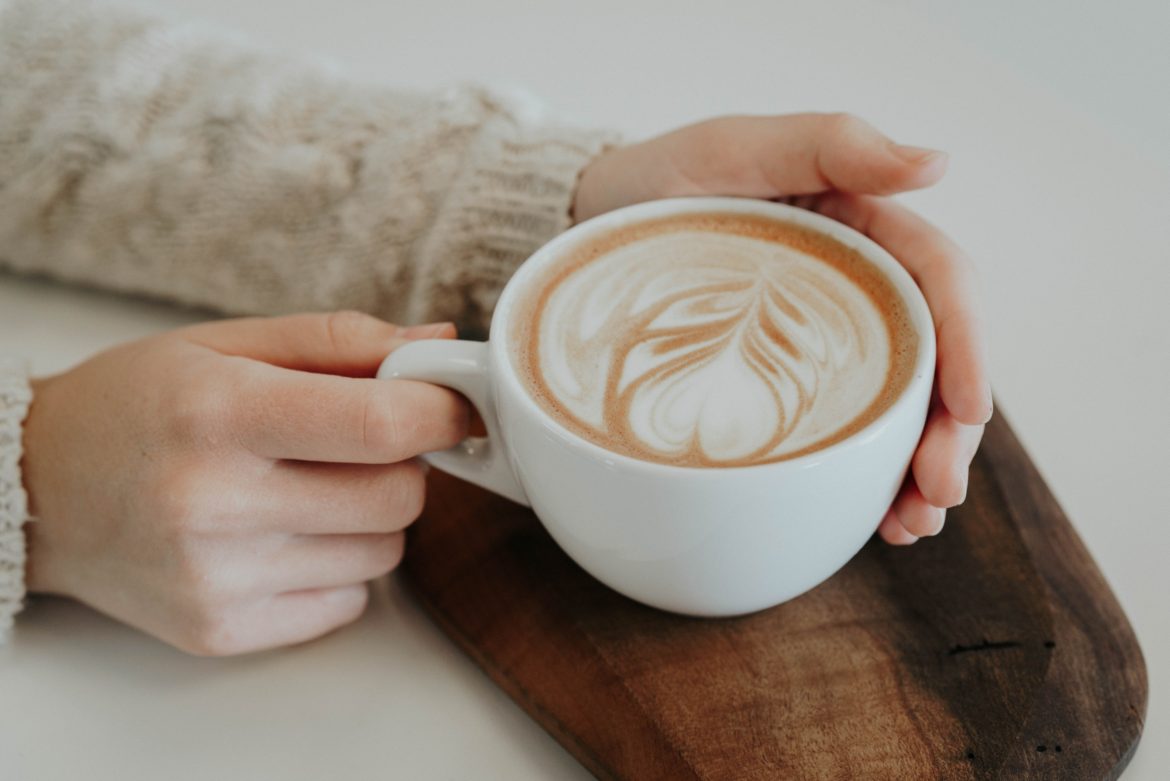





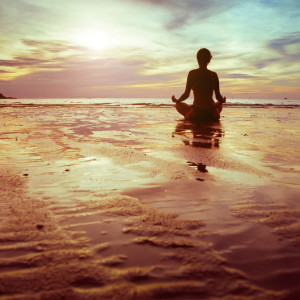
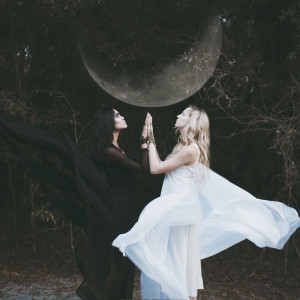


Leave a reply